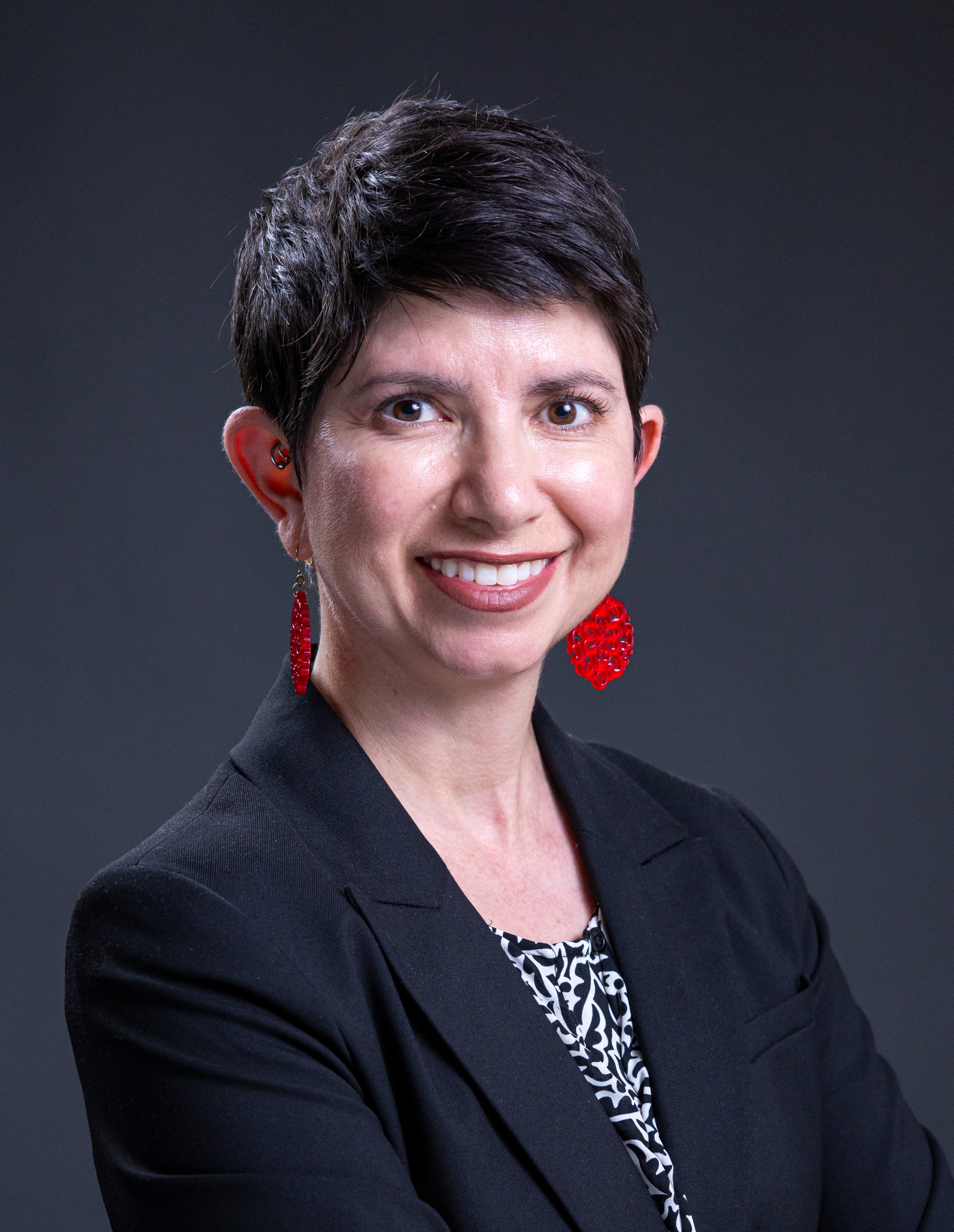Christine Deere, PhD
Assistant Dean of Student Affairs and Admissions
Assistant Professor of Biology and Microbiology
Phone: (916) 686-7351
Fax: (916) 686-7310
Christine.Deere@cnsu.edu

Education
- B.S. Microbial Biotechnology, Montana State University, Bozeman
- Ph.D. Microbiology, University of California Davis
- Postdoctoral Researcher, Chemistry, University of California Davis
About
Dr. Christine Deere is a Ph.D. microbiologist, educator, and life-long learner interested in understanding and optimizing academic support resources for students, to allow them to maximize their education and fully realize their career potential. She also has a strong interest in understanding the myriad ways microbes can and do affect human life. In her 18 years of teaching experience, she has taught environmental and medical microbiology to a wide range of students in the classroom and in the laboratory. She has taught community college, high school, undergraduate, masters, and doctorate students. Along with 7 years of administrative experience, she has designed and optimized curriculum, created and implemented a variety of methods to better support student learning in the classroom, and worked with fellow educators at the college and university level to streamline and optimize academic governance infrastructure.
Research
Bacteriophage discovery and characterization: Contribute to the database of known bacteriophage, and characterize them for features such as bacterial host range, to provide additional tools in the treatment of recalcitrant (i.e.: biofilm or antibiotic-resistant) bacterial infections. Case studies to teach critical thinking: Determine the efficacy of teaching critical thinking skills to post-high school students using clinical case studies.
During her 16 years of research experience, she has worked on a variety of projects, including methods of biofilm control and the art-science collaboration Bioglyphs at the Center for Biofilm Engineering (MSUB), how bacteria detect and move toward (or away) from toxic munitions chemicals (UCD Microbiology Department), and the utilization of synthetic biology and metabolic engineering to generate valuable renewable chemicals using bacteria as catalysts (UCD Chemistry Department).